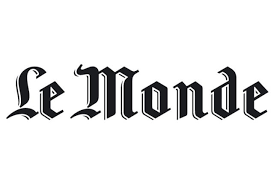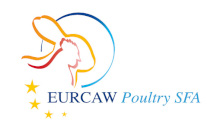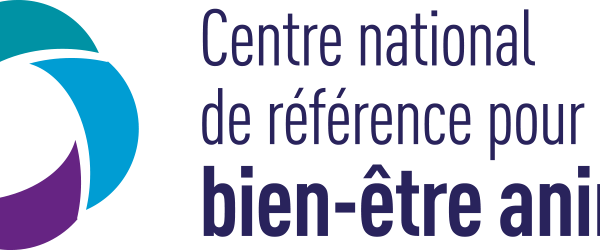Document type : article published in Le Monde
Author: Mathilde Gérard
Preview: With nearly 1,800 cattle on board, the ship docked in Cartagena on Thursday evening after three months at sea, never having reached its final destination. At least 180 animals died during the voyage […]
The heart-breaking odyssey of the Elbeik's cattle is reminiscent of that of 895 calves that left Cartagena on the same date, December 18, aboard another cargo ship, the Karim Allah, bound for Turkey. […]
The similar fates of these two ships reveal the flaws in European legislation with regard to the transport by sea of animals for export. "This is a textbook case", says Adeline Colonat. Once animals leave European ports, it is entirely out of our hands". The European Union (EU) exports about 3 million cattle and sheep by sea each year to third countries, mainly in the Middle East, where they are sent to fattening units or abattoirs. In a report published in May 2020 on the 'welfare of animals exported at sea', the European Commission acknowledged the existence of significant regulatory gaps in the sector: "Currently, neither member States nor the Commission have information or statistics on the health and welfare of animals during sea journeys," it said.
NGOs, including Animals International and Welfarm in France, have been warning for years about the lack of transparency concerning these exports. They criticise the minimal levels of veterinary inspection on departure from European ports and the run-down state of cargo ships approved by the EU, of which cattle transports are among the most dilapidated [...].
During sea journeys, animals are affected by extremes of temperature, injuries from unsuitable housing, and lack of care, as the legislation does not require a veterinarian to be on board. [...] Yet the European animal protection regulations are supposed to apply throughout the journey until the point of arrival. This principle was restated by the European Court of Justice in 2015. But once they have left the quayside, animals disappear from the radar.
The lack of transparency is so great that, following a vote to do so, the European Parliament set up a committee of inquiry on the subject, which began work in September 2020 and is expected to report its findings by the end of 2021.




